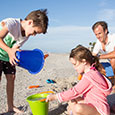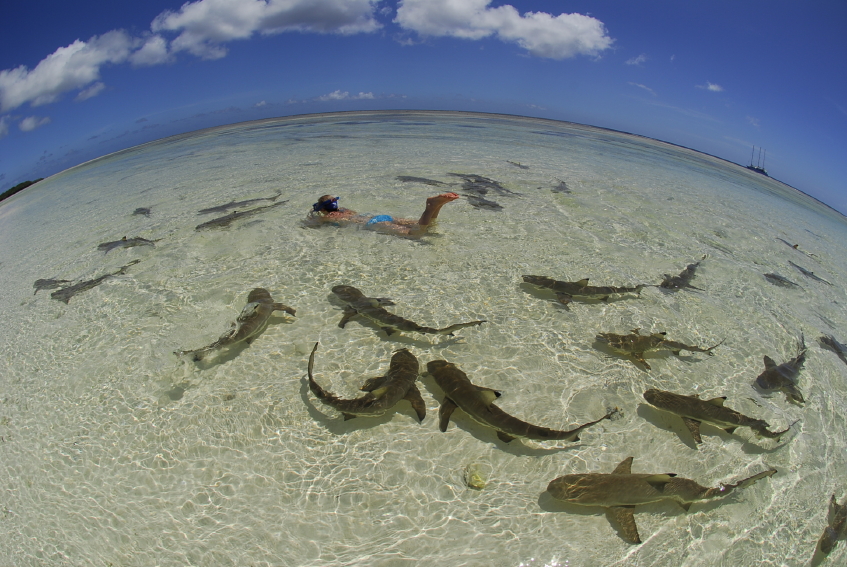
Posted by
It’s Shark Week 2015, and we want to celebrate by educating by sharing information from the Florida Wildlife Commission (FWC) about sharks, risk and prevention of attack and safe fishing practices.
Sharks and Swimming
From April to October shark activity is at its peak in Florida, which also happens to be peak swimming season for humans. It’s not because of bad timing or coincidence. It’s simply science. According to scientific data from the FWC, sharks in Florida typically migrate:
- Inshore and North in spring and summer
- Offshore and South in fall and winter
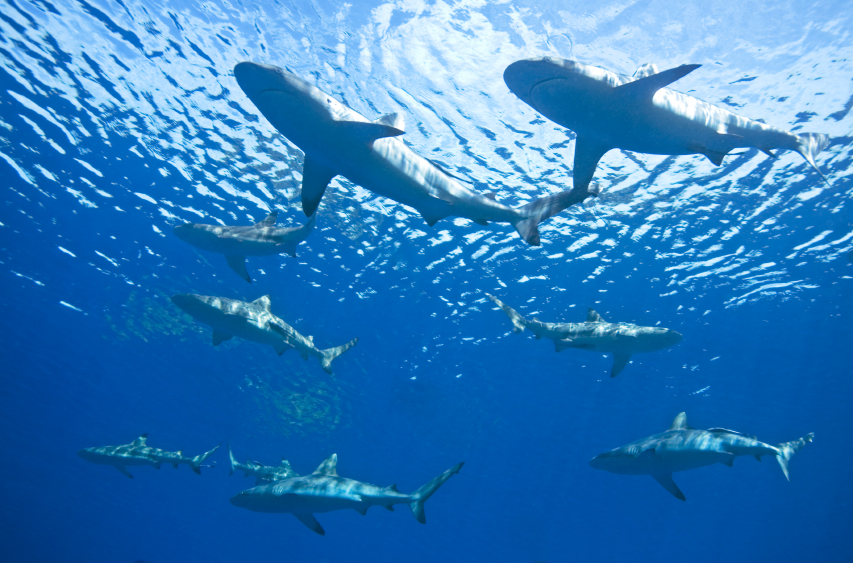
There are many theories to why there has been an increase in shark attacks along Florida’s coastline. However, sharks do not swim towards Florida shorelines to hunt humans. They migrate due to the absence of desired prey, which includes:
- Mullet
- Sardines
- Menhaden
- Other species of bait-fish
Shark Attack Risk
On average, fewer than 10 people die from shark attacks on average worldwide each year. However, the world’s fisheries kill an estimated 100 million sharks annually due to over fishing and other human inflicted causes.
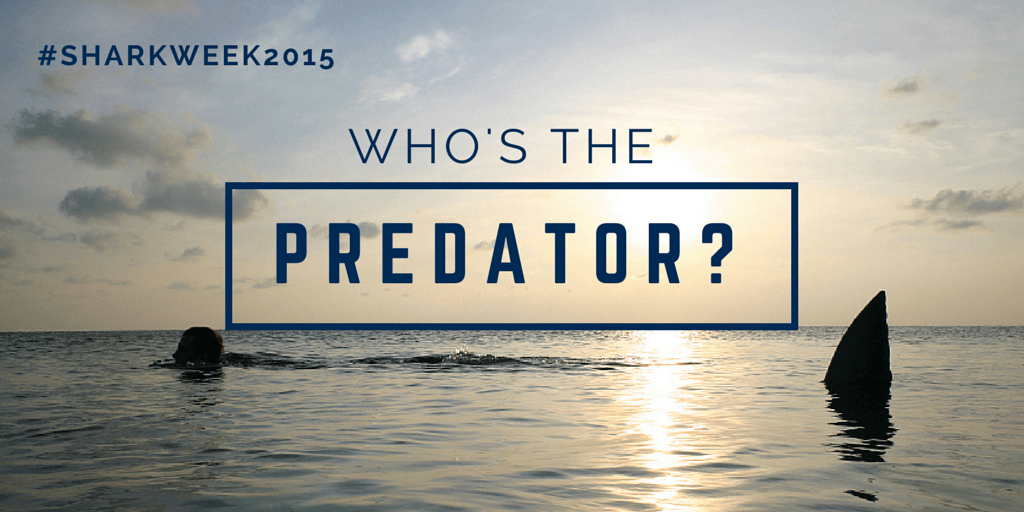
That’s right…we are actually the predator in the shark human scenario.
Shark Attack Prevention
You are actually more likely to be struck by lightening than to be the victim of a shark attack. For further prevention, follow these “10 Tips for Avoiding a Shark Attack”:
- Do pay attention to the weather. Swim during the clear, bright, daylight. Sharks might confuse you for prey in foggy weather or at dusk and dawn. Also, avoid swimming after heavy rain.
- Do swim with a friend or group. One set of eyes is better than one.
- Don’t swim in areas of recent attacks. Sharks are creatures of habit. Do your research about the area where you intend to swim.
- Don’t were jewelry or metallic, shiny or bright-colored swimwear. Your clothing might be mistaken for the gills of a fish.
- Don’t swim with other marine life. This includes dolphins, seabirds and schools of fish.
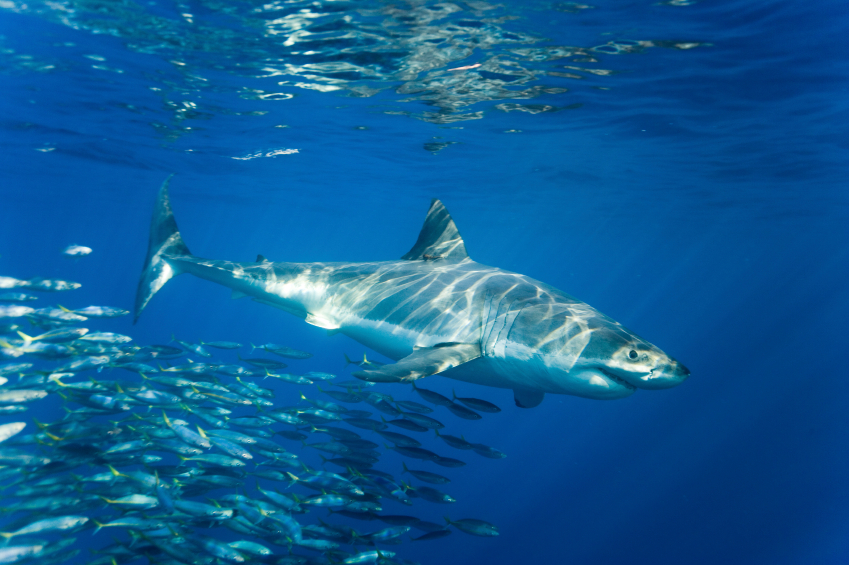
- Don’t swim if wounded or bleeding. Blood and human waste attract sharks.
- Don’t swim if you have an uneven sunburn or tan. Color contrasts attracts sharks, resembling color variations found on fish.
- Don’t splash. Sharks are attracted to sudden movements, which is why you should bring your dog to swim either.
- Don’t swim near boats or docks. You don’t know what is down below. If bait lingers, so may sharks.
- Don’t swim in shark territory. This includes channels, mouths of rivers, sandbars and areas of deep drops. During low tide, this includes lagoons and small bays.
Shark Survival Risk
According to the FWC, sharks have been swimming through Florida’s waters for over 400 million years. Sharks continue to help maintain balance within the marine ecosystem. Practicing proper shark fishing practices is crucial to their survival, and ultimately to ours.
Shark Fishing Florida State and Federal Regulations
At Port Sanibel Marina, we are committed to educating local and visiting anglers of the following Florida State and Federal Regulations for shark fishing:
- Daily Limit: 1 per harvester or 2 per vessel
- Minimum Size Limit: 54 inches fork length (****Excludes Atlantic sharpnose, blacknose, blacktip, bonnethead, finetooth and smooth dogfish)
- Whole Condition — landing with heads and tails intact is required
- Protected Shark Species — it’s illegal to harvest, possess, land, purchase, sell or exchange all species on this list
- Hook and Line Only — use of natural bait when using multiple hooks is prohibited.
- Proper Catch and Release Methods — these techniques can help increase shark survival rates
- Specific Release Guidelines for Endagered Sawfish — the sawfish population has declined by more than 95 percent
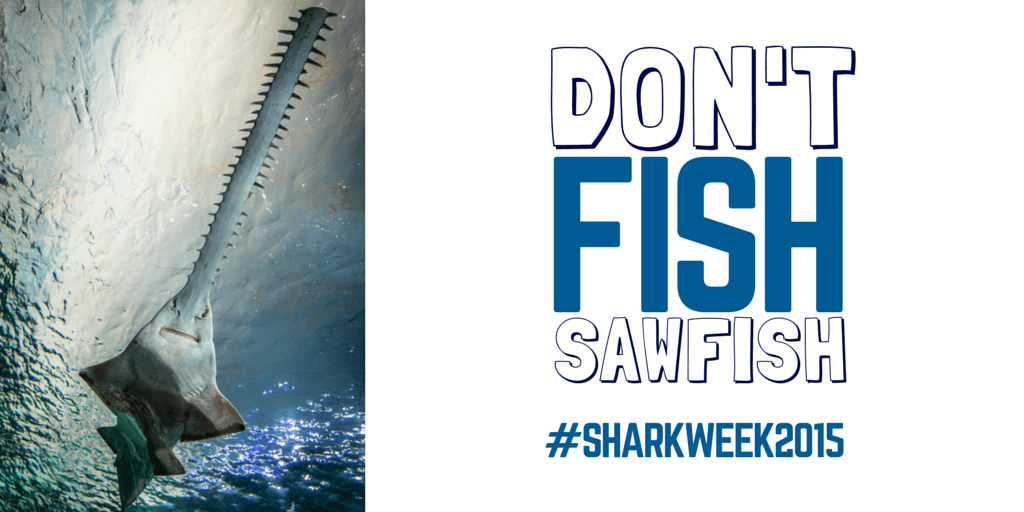
To learn more about shark fishing, visit the FWC online or contact us directly for local information.
Start Your Shark Fishing Adventure
Shark fishing is an adventure, but can be risky. If you are interested in shark fishing in Southwest Florida, book a fishing charter with one of our professional captains or call us at (239) 437-1660 for more information about our available boats and kayaks.





